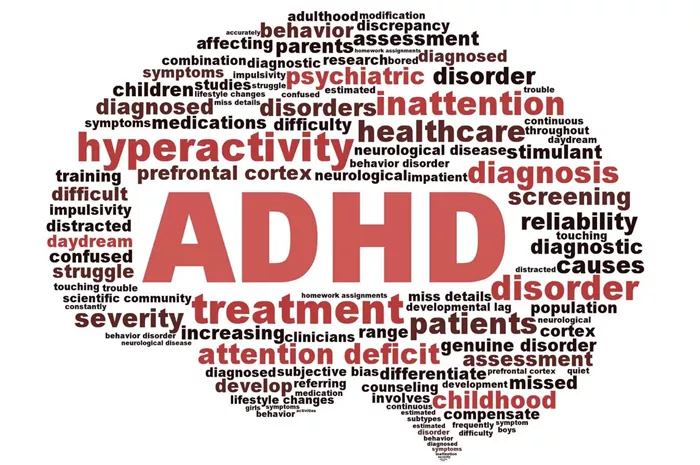A new study from the Centers for Disease Control and Prevention (CDC) has revealed that more than 15 million U.S. adults are living with Attention-Deficit/Hyperactivity Disorder (ADHD). However, the study also highlights significant challenges in accessing treatment, including difficulties in obtaining medications and timely care.
The study, published in the CDC’s Morbidity and Mortality Weekly Report on Thursday, estimates that approximately 15.5 million adults across the U.S. struggle with ADHD symptoms, such as inattention, impulsivity, and hyperactivity. Despite this, access to medications and healthcare remains a major hurdle for many.
Low Prescription Rates: Only about 33% of adults diagnosed with ADHD reported receiving a prescription for stimulant medications, such as Adderall, within the past year.
Medication Shortages: Nearly 75% of those who were prescribed stimulant drugs reported issues obtaining their medications due to shortages or supply issues.
Increased Prescribing Post-Pandemic: While prescriptions for ADHD medications like Adderall have increased since the onset of the COVID-19 pandemic, supply shortages have hampered access for many patients.
The study, which offers the first prevalence data on ADHD in U.S. adults since 2003, also highlights that ADHD symptoms often begin in childhood, but 55% of adults with ADHD were diagnosed later in life.
Telehealth services have played a crucial role in improving access to ADHD care during the pandemic. Almost half of survey participants reported using telemedicine for ADHD-related services, including access to medication prescriptions. This highlights the growing importance of telehealth in managing chronic conditions like ADHD.
The researchers suggest that telehealth has the potential to improve access to both medication and behavioral treatments, such as counseling, but emphasize that more research is needed to ensure the safety and efficacy of telemedicine for ADHD care.
ADHD medications, particularly stimulants such as Adderall, remain a key treatment option, but persistent shortages and supply chain issues are creating obstacles for patients. The CDC report stresses the need for a more robust supply chain and increased healthcare access, especially in underserved areas.
The survey findings are based on rapid data collected from 7,046 U.S. adults between October and November 2023. This data offers new insights into the prevalence and treatment challenges faced by adults living with ADHD, potentially guiding future clinical and regulatory decisions.
As more adults are diagnosed with ADHD later in life, improving access to effective treatments—whether through telemedicine or in-person care—will be vital. Addressing the issues related to medication shortages and expanding telehealth services could pave the way for better outcomes for those living with ADHD.
Read more:
6 Tips for ADHD Medication For Adults With Bipolar
ADHD in Adults: Recognizing the Challenges & Finding Solutions
Your Guide to ADHD in Adults: Symptoms, Diagnosis & Support


